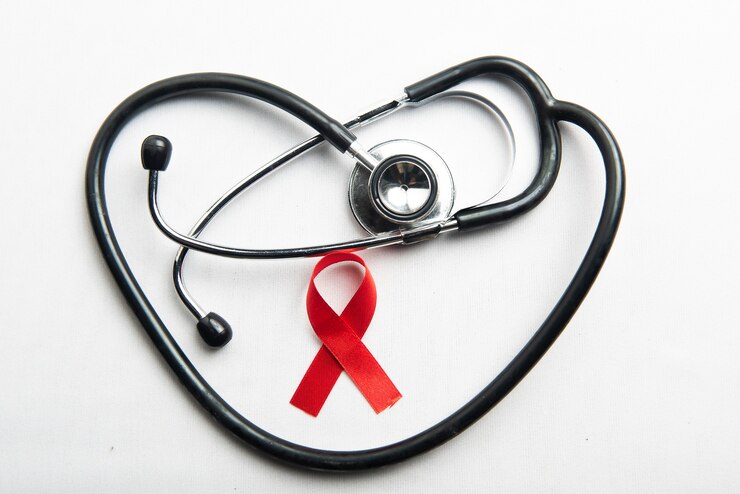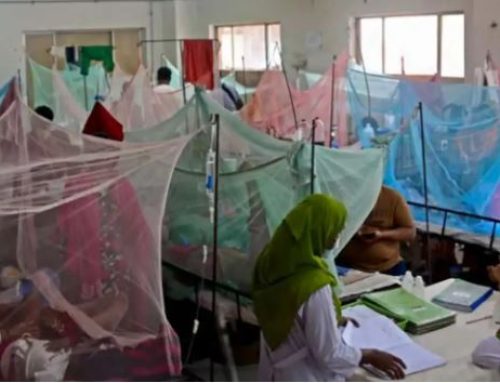Project Description
Author: Rahman et al.
Summary:
Background: The prevalence of HIV among transgender women (transgender) is 1%, and it was 0.9% in Bangladesh\ Being the minority group barrier faced by transgender individuals for healthcare-seeking behaviors is a major public health concern. Thus, the study aimed to determine the HIV-related knowledge and health care seeking barriers among transgender individuals in Dhaka City.
Methods: This was a cross-sectional survey comprised of 135 transgender individuals collected from Badda Drop-in-center (DIC) and three Hijra pollis from Dhaka City. Pre-tested semistructured questionnaire was used for data collection. Appropriate statistical testing was used for statistical reporting.
Results:Mean age of the transgenders were _______________. The majority (_______) were professional sex sellers, including 54.1% with irregular sexual clients and 48.9% who had been engaged in sex work for more than 10 years. Although more than half (57%) had good HIV-related knowledge, only approximately one-third (37.3%) sometimes used any barrier method. More than half (58%) had knowledge of HIV symptoms, and only 11% of those with symptoms sought treatment (8%), with a delay of <7 days. The barriers of existing facilities were negligence (16%), inconvenient location (12.43%), long waiting time (8.1%), and not knowing where to get the service needed (5.8%). Those with HIV-related higher knowledge did not feel the necessity of isolated corners [t (95% CI) = -3.799, p =.001]
Conclusion: Transgender individuals from Badda DIC had higher HIV-related knowledge than those from Hijra pollis. Although DIC provides healthcare services, barriers to existing facilities need to be addressed to extend health services for transgender individuals.
Keywords: Transgender, HIV-related Knowledge, Health Care Seeking, Barriers, Dhaka
Status: Ongoing
Full text link: Not available



